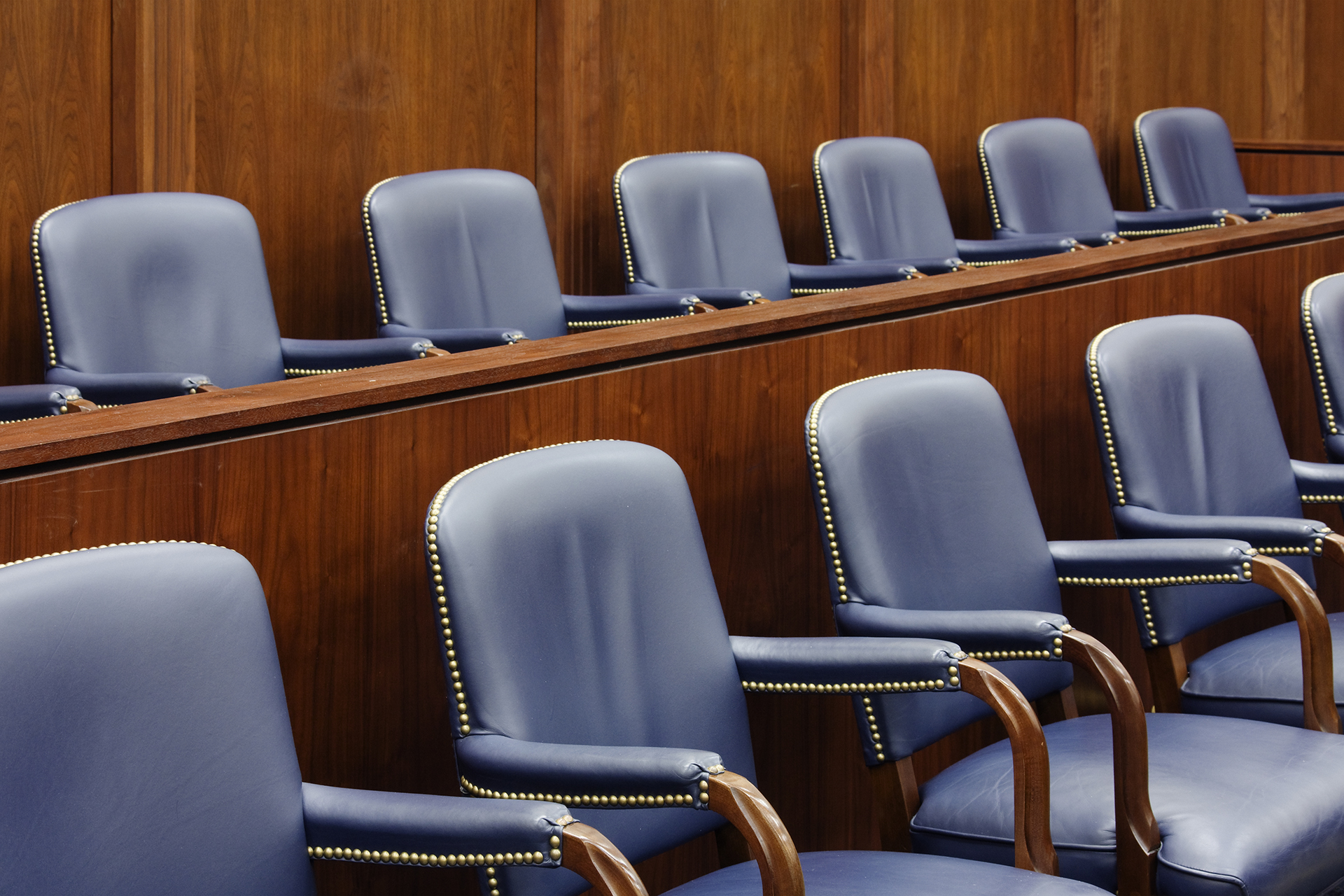Texas Grand Juries – Indictments, True Bills, No Bills: What are they?

Texas Grand Juries – Indictments, True Bills, No Bills: What are they? So some of you might be at least on a surface level, familiar with the terms, grand jury, indictment, no bill, and true bill, but what do those terms really mean? What does that process look like here in Texas? That’s what today’s video is about. So stick around and we’ll talk about that in just a second.
Happy Friday, everybody. Hope you’re having a great week. And like I said, in the intro, we’re going to talk a little bit about the grand jury process today here in Texas. So in Texas, as is the case with pretty much every other state, at least that I’m aware of, the government or the state can’t simply charge you with a felony level crime without first presenting that case to a grand jury. So what is a grand? A grand jury is just a group of citizens. When you get called for jury service, you can get called for grand jury service. And that group of citizens is tasked with listening to a presentation made by the prosecutor and determining do we think there is probable cause here that a crime has been committed and for a crime to be charged against a specific individual. So it’s a much lower burden than trial.
It’s only probable cause it’s not beyond a reasonable doubt, but still it’s a group of everyday citizens that gets to determine whether or not an individual should get charged with a felony. So what does the grand jury process look like? Well, the person in charge of the grand jury process is the prosecutor. It is a closed door secret session. It is not open to the public. And in fact, grand jurors and prosecutors and witnesses are not allowed to disclose really anything that happens inside that grand jury room other than to say, this is the decision we reached. That’s done for the safety of witnesses, because the prosecutors can call alleged victims into that room to testify. And they don’t have to fear about retribution one way or another, depending on what their testimony is. So it’s a secret close door session. The other big thing to keep in mind is under most circumstances here in Texas, a defense lawyer is not allowed to be present in that room. Okay.
Sometimes in very, very, very limited, very specific circumstances they can be present, but 99.9% of the time defense lawyers are allowed in that room. We can make presentations to the grand jury, but more often than not, those presentations are in written form. Meaning we submit a letter, a packet of information that the prosecutor will then hand out to the 12 or 13 grand juror members. And they will read them or they will look over that material to help them in making their decision. So what will generally happen is the prosecutor will stand up in front of the grand jurors, will make their presentation. Will talk about the case. They’re allowed to call live witnesses. Usually that’s the investigating police officer or the investigating agent and they will discuss why they feel that there’s probable cause to bring a felony level offense in this case.
The grand jurors are allowed to ask questions. They can ask questions to the prosecutor. They can ask questions to the witnesses. They can ask any type of questions that they think they need that information to help make their decision. When the presentation is over, the grand jurors generally will have three options. They can do one of three things. The first thing is they can issue what’s called a true bill of indictment. A true bill of indictment is basically them saying, we heard a presentation from the prosecutor. We the grand jurors feel that there is probable cause to believe that this individual committed a felony level offense. And so we are formally charging them with that crime. That’s a true bill of indictment. That person has now been indicted for a felony. Okay.
The second thing they could do is what’s called a no bill of indictment. A no bill of indictment is the polar opposite. It’s where they are as a grand jury saying, we’ve heard all of the presentation, we’ve heard the evidence and we do not feel that there is sufficient evidence to meet the standard of probable cause to believe that this person committed a felony of law offense. So we are returning, what’s called a no bill of indictment. Somebody’s no billed that means the case is dismissed. It goes away. It never gets formally filed. And it also means that jeopardy has now attached. So that person cannot be charged with that same crime again. Okay. So that’s important thing about when a no bill is returned. The third thing they can do the is they can listen to the presentation. They can come up with the determination that we don’t feel that the evidence warrants a felony level indictment, but we do believe a crime was committed.
However, we think it was a misdemeanor or a lower level offense say. And so they can, instead of returning a true bill of indictment, they can instead charge that individual with a misdemeanor or a lesser included offense based on the presentation that they heard. That one is little bit rarer to occur. Because again, it can only occur in specific circumstances with specific fact patterns, because they can’t simply charge somebody with a misdemeanor that the evidence doesn’t really support. So it is limited when they can do that, but that is still something that can happen. So those are the three things that can come out of the grand jury process.
I talked about, the defense lawyers are unable to be present for the grand jury proceeding, but we are a lot of times able to make a presentation. That’s why it’s important that if you feel you’re being investigated for a felony level offense, it’s important to hire a criminal defense attorney sooner rather than later, because you don’t want to miss that opportunity to make a presentation or to have somebody make a presentation on your behalf. Because there are things that you can present to the grand jury that would not otherwise be admissible if this case goes to trial.
Great example of that is polygraph examinations. We’ve had tremendous success getting people no billed at the grand jury level because we’ve presented the jurors with a past polygraph examination, even though had that case been filed, had it gone to trial, a polygraph examination is not admissible evidence at trial. So you can present evidence to grand jurors that is not otherwise admissible. So it can sometimes be a very, very helpful tool to help tell the entirety of your story in kind of an unimpeded way. Okay.
So again, it’s super important you get somebody on board sooner rather than later, so they can explore that option with you. I hope this helps clears it up or clear it up at least somewhat. There’s a thousand different things we can talk about with indictments and charging instruments and all that stuff. And we can get into those if that’s something that interests you. So drop a line, either in the comments, or an email, or a phone call. Let me know if that’s something you’d like to see me cover in a subsequent video and I’d be happy to do it. Otherwise, I hope you all enjoy the rest of your week, enjoy your weekend. And we will see you next Friday.



